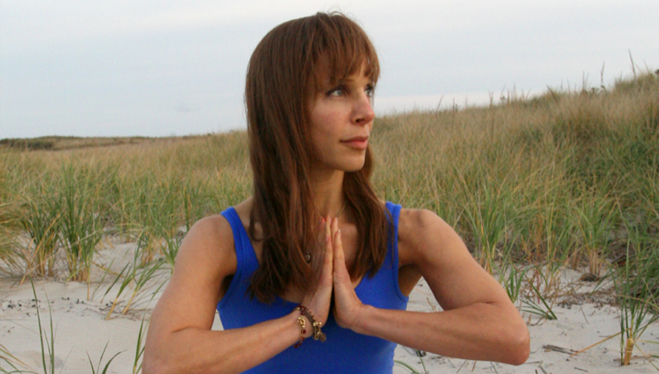I Feel Your Pain: An Empath’s Guide to Staying Balanced
Do you often wonder which emotions are yours, and which belong to someone else? When people you care about are hurting, do you feel their pain so deeply that it’s hard to separate—even after they’re out of crisis mode? In relationships, do you donate so much of your own natural resources that you suffer from a chronic energy shortage? And with those you’re close to, is it hard to figure out what your own needs are—or even what you want for dinner? If the answer is yes, it’s highly likely that you’re an empath. What does it mean to be an empath, and why is it fraught with these basic life challenges? Derived from the Greek “em” (in) and “pathos” (feeling), the term empathic means you’re able to “feel into” others’ feelings. But for empaths, this sensitivity is magnified to the nth degree. An empath is more tuned in, more […]
I Feel Your Pain: An Empath’s Guide to Staying Balanced Read More »
